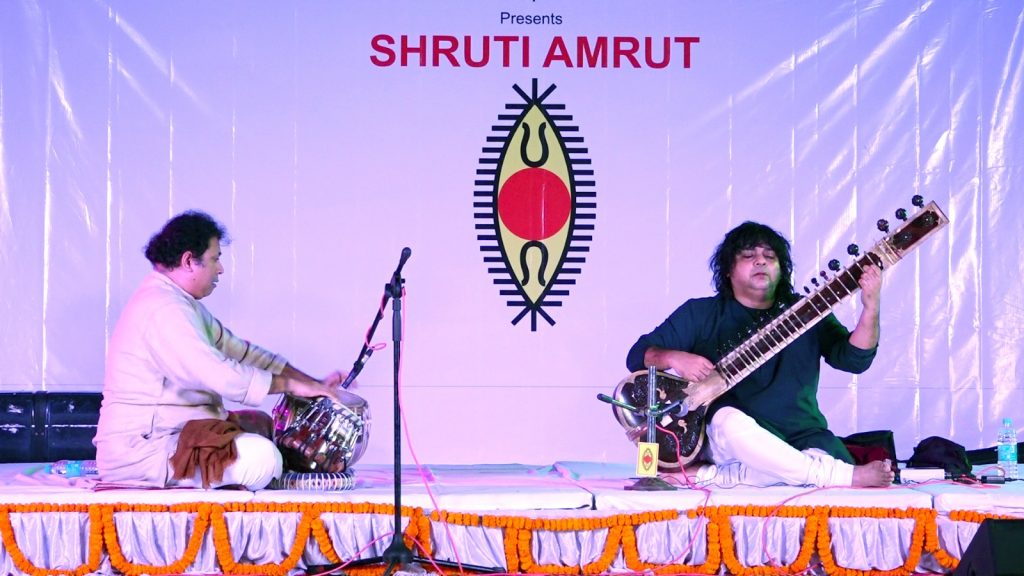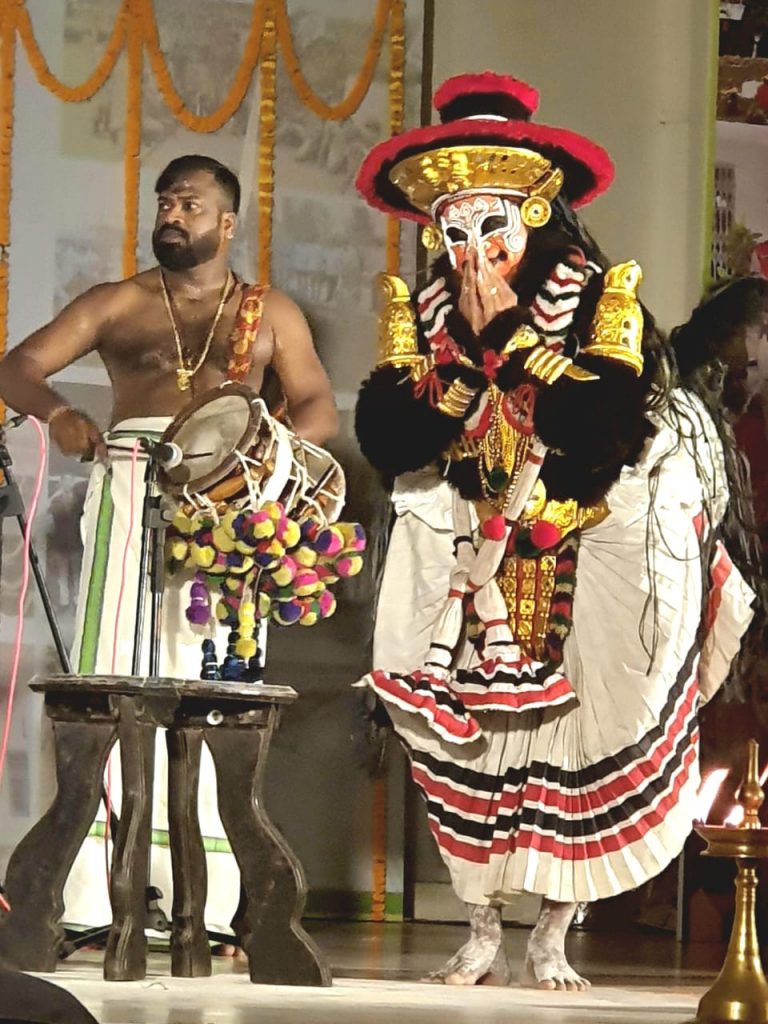Bhubaneswar: As a part of the Azadi Ka Amrit Mahotsav celebrations across the country, a two-day musical extravaganza, “Shruti Amrut”, was held at Sainik School in Bhubaneswar.
Students of Sahodaya schools, various colleges and public were treated to folk and classical performances by eminent artists and troupes at the event organised in collaboration with the Ministry of culture and SPICMACAY on August 5 and 6.
On the first day, Dadi Dorab Pudumjee and members of his Ishara puppet theatre, mesmerised the audience with their show “The Superiour New clothes” or the “Anokhi Poushak”. The performance was a mixture of human movement and puppetry. The visual puppetry of the moving actors was amazing.

The second performance was by Parvathy Baul. With her simplicity, she held the audience astounded – where everyone dived deep into the waters of Bhakti, she rendered songs from Baul traditions, songs from Purulia, Geeta Govinda and ended with Radhakrishna’s sublime love, as explained by two birds, the Shuk and Sari – “Brindabana Bilashini Rai Amader”.
The second day of Shruti Amrut had three versatile performers of international repute. Shashank Subramanian, a young and brilliant flutist, was accompanied by Amrit Natarajan on Kanjira and Parupalli Phalgun on the Mridangam. Shashank, a child prodigy, mesmerised the young audience with Raga Manohar along with some wonderful Jugalbandi of all the three Carnatic instruments.
During the programme, students of Sainik School spoke on the sacrifices and valour of Odisha’s unsung heroes like Baji Rout and Buxi Jagabandhu who fought in the early years of Indian freedom struggle.

Famous sitarist Niladri Kumar along with renowned Tabla player Satyajit Talwalkar took the stage the same evening. Apart from their melodious performance, Niladri made a direct connect with the audience, when he played the notes of Vaishnava-Jana followed by Raag “Tilak Kamod”.
The last item of the evening was the exuberant performance of Koodiyattam by Guru Margi Madhu and his group. Koodiyattam or Kootiyattam is a form of pure Sanskrit theatre which is traditionally performed in the temples of Kerala and is believed to be over 2000 years old and hence recognised by UNESCO as a masterpiece of oral and intangible heritage of humanity.


